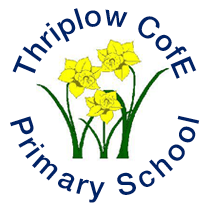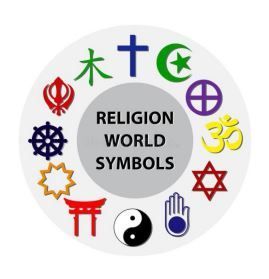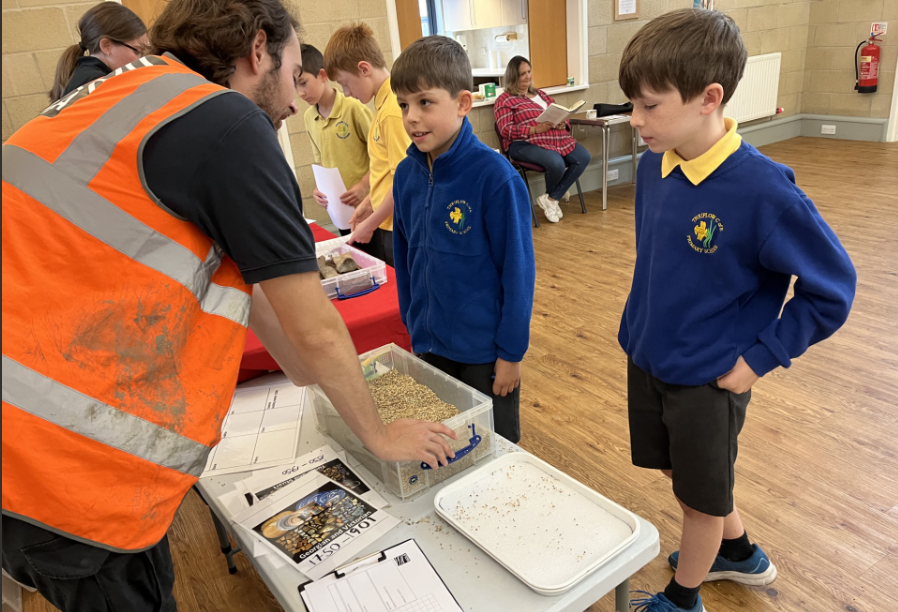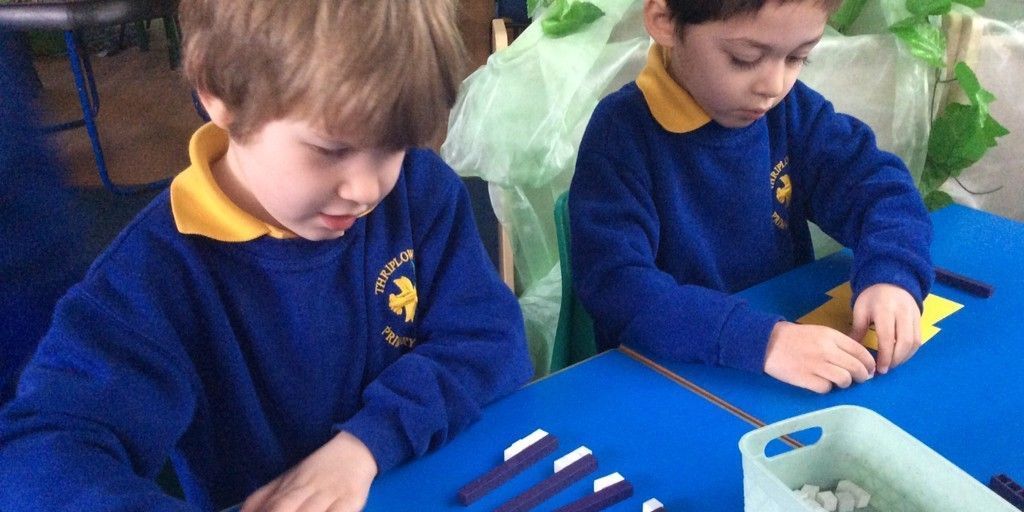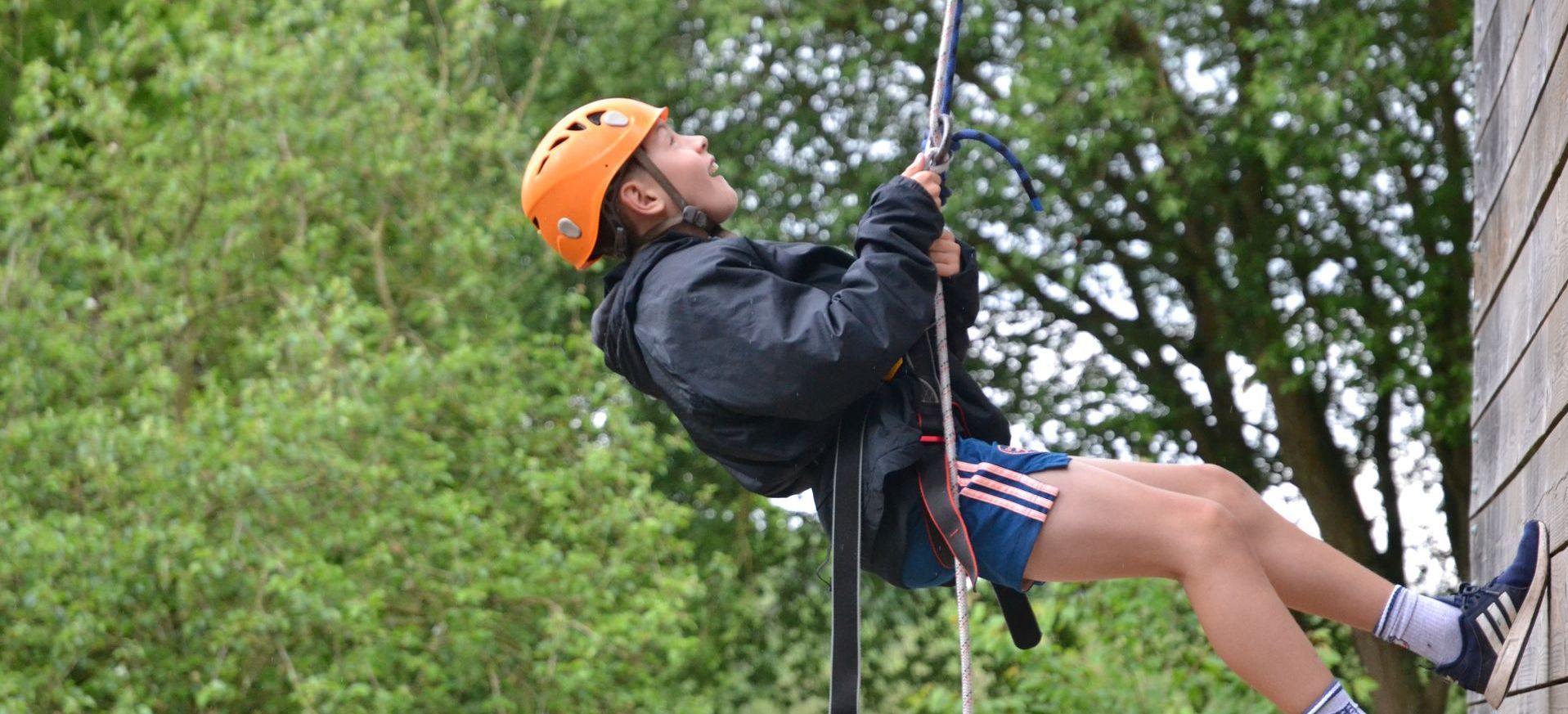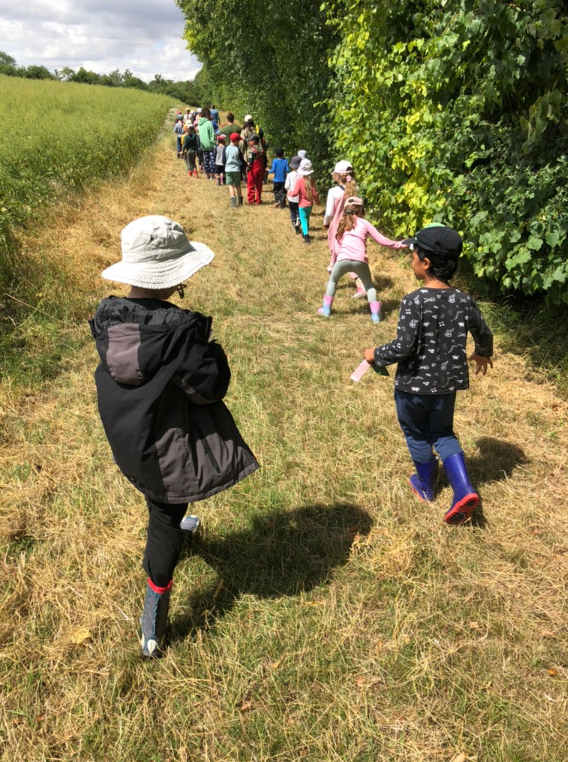
RE at Thriplow
Religious Education is at the heart of the curriculum at Thriplow. Our belief is that R.E. should be exciting, gritty, reflective, stimulating, varied and purposeful. We encourage the children think deeply, explore ideas and have the freedom to offer opinion, share ideas and examine different world views, whilst listening to and respecting the thoughts and ideas of their peers.
R.E. teaching focuses for half a year on Christianity and for half a year on other major world faiths: Judaism, Islam, Sikhism, Hinduism, Buddhism and Humanism. We encourage children to think reflectively on the beliefs and practices of people of faith and to make links to their own lives and their own beliefs, whatever they may be.
Our teaching follows the Cambridgeshire Locally Agreed Syllabus (2023-2028). The Agreed Syllabus supports with assessment criteria for each year group and contains key vocabulary and progression suggestions for each religion.
The Christianity units are taken from The Emmanuel Project. The materials ensure that there is a clear progression from reception to year 6, building on knowledge and understanding as the children progress up the school.
The teaching about faiths other than Christianity is also taken from The Emmanuel Project to ensure progression and a deepening of understanding as the children move up the school.
At Thriplow our aim is that children will be able to talk confidently and with sensitivity about issues surrounding faith. We teach that all people in our world deserve to be treated with respect, regardless of their beliefs and how they differ from our own.
Teaching in R.E. follows an enquiry-based learning approach. Each unit is based on a Key Question, with the view to generating more questions as the learning progresses. Each lesson is based on a smaller question which links in to the key question. We recognise that R.E. needs to enable children to ask questions in order to discover information and to understand the world and their personal position within the world.
R.E. is taught for at least an hour every week. In that time, a variety of teaching methods are used, in order to suit all styles of learners. Children learn through art, drama, music and dance, as well as lots of discussion, sometimes leading to writing.
R.E. is assessed on a unit by unit basis. Children are assessed at the beginning of a unit on what they already know about the Key Question and then they are asked to respond to the Key Question again at the end of the unit to show what they have learnt. R.E. is not assessed on how well a child reads or writes (though high standards are expected of both these things) but on a child’s understanding of the Key Question and their ability to explain their understanding. At the end of a unit, children will be asked to build links in their learning to show a deep understanding of the learning within the unit.
We pride ourselves on our R.E. teaching and learning and are confident that the children leave Thriplow in year 6 prepared for life in the modern world where people of different faiths, cultures and world views increasingly live alongside each other. We feel that not only are the children prepared for this world, but will have the skills and knowledge to go out into the world and build relationships with people from different faiths and encourage unity.
"The ability to understand the faith or belief of individuals and communities, and how these may shape their culture and behaviour, is an invaluable asset for children in modern day Britain. Explaining religious and non-religious worldviews in an academic way allows young people to engage with the complexities of belief, avoid stereotyping and contribute to an informed debate" – Why RE Matters -The RE Council website
The Thriplow RE Galleries
Please see the galleries below for a visual insight into some of the learning and experiences our children engage in as part of our RE curriculum at Thriplow.
Thriplow Church Of England Primary School
Tel: 01763 208213
Email: office@thriplow.cambs.sch.uk
Our Headteacher is Mrs Lucy How.
Our Special Educational Needs Co-ordinator (SENCO) is Mrs Victoria Hirst
Our Chair of Governors is Mrs Liz Moore
School Address:
School Lane
Thriplow
Hertfordshire
SG8 7RH
DEMAT Office Address:
All Rights Reserved | Thriplow C of E Primary School | Privacy Policy
Designed by We Are Doodlebug
